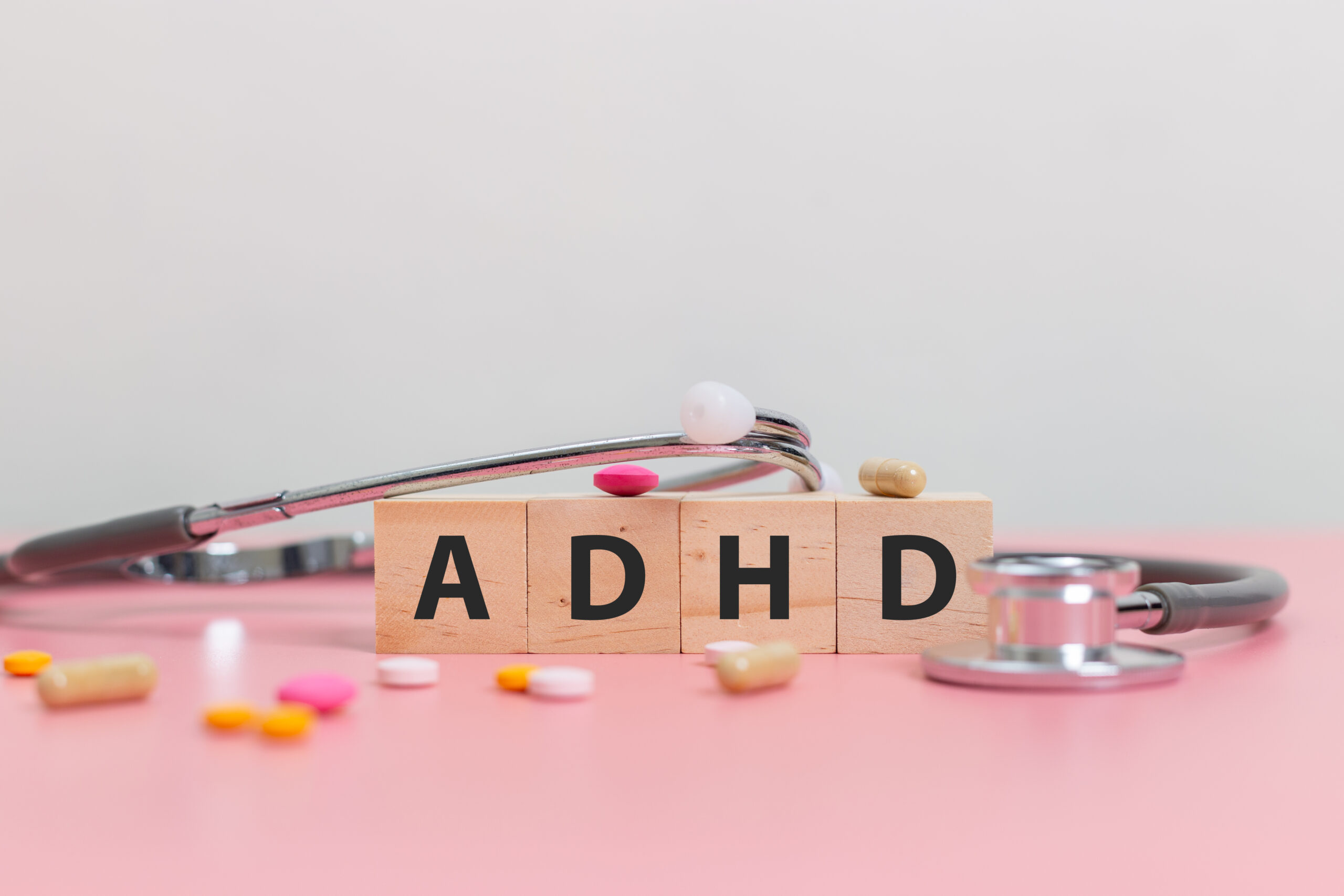Attention Deficit Hyperactivity Disorder (ADHD) is a common condition that affects both children and adults. While Adderall is a widely recognized and effective medication for managing ADHD symptoms, it’s not the only option available. Many people wonder if they must rely on Adderall or if there are alternative treatments that can help. At PMHC, we provide a range of services to help individuals manage ADHD symptoms in ways that work best for them.
What Is Adderall?
Adderall is a prescription stimulant medication that helps improve focus, attention, and impulse control in people with ADHD. It works by increasing the levels of dopamine and norepinephrine in the brain. While highly effective for many, Adderall isn’t suitable for everyone due to potential side effects, health concerns, or personal preferences.
Why Might Someone Seek Alternatives?
There are several reasons why individuals might prefer to explore alternatives to Adderall:
- Side Effects: Adderall can cause side effects such as insomnia, increased heart rate, anxiety, and appetite suppression.
- Personal Preference: Some people prefer not to rely on medication.
- Medical Conditions: Certain health issues may make stimulants unsafe or inadvisable.
- Substance Concerns: Individuals with a history of substance misuse may want to avoid stimulant medications.
Non-Stimulant Medication Options
For those who prefer not to take Adderall, non-stimulant medications are available. These include:
- Strattera (Atomoxetine): A non-stimulant medication that affects norepinephrine levels and helps improve focus and attention.
- Intuniv (Guanfacine) or Kapvay (Clonidine): These medications are often used to manage hyperactivity and impulsivity.
Non-stimulant medications generally have a slower onset and are less likely to cause certain side effects compared to stimulants.
Therapy and Behavioral Interventions
Medication is not the only way to manage ADHD. Therapy and behavioral interventions can be highly effective, either on their own or alongside medication.
- Cognitive Behavioral Therapy (CBT): Helps individuals develop strategies for managing symptoms, such as organization, time management, and emotional regulation.
- Parent Training and Support: For children with ADHD, parent training programs can provide tools to manage behavior effectively.
- Coaching: ADHD coaches specialize in helping individuals set and achieve goals by building skills and routines.
Lifestyle Changes and Natural Approaches
In addition to professional treatments, certain lifestyle adjustments can help manage ADHD symptoms:
- Exercise: Regular physical activity can improve focus and reduce hyperactivity.
- Nutrition: A balanced diet rich in protein and omega-3 fatty acids may support brain function.
- Sleep Hygiene: Ensuring consistent, high-quality sleep can reduce symptoms of inattention and irritability.
- Mindfulness and Meditation: These practices can help improve focus and reduce stress.
How PMHC Can Help
At PMHC, we understand that ADHD affects everyone differently. That’s why we offer personalized treatment plans tailored to your unique needs and preferences. Whether you’re exploring medication options, therapy, or holistic approaches, our team is here to guide you every step of the way.
Take the Next Step
If you’re wondering whether Adderall is the right choice for your ADHD or if alternatives might work better for you, PMHC is here to help. Contact us today to learn more about our comprehensive ADHD treatment services and find a solution that fits your life.

